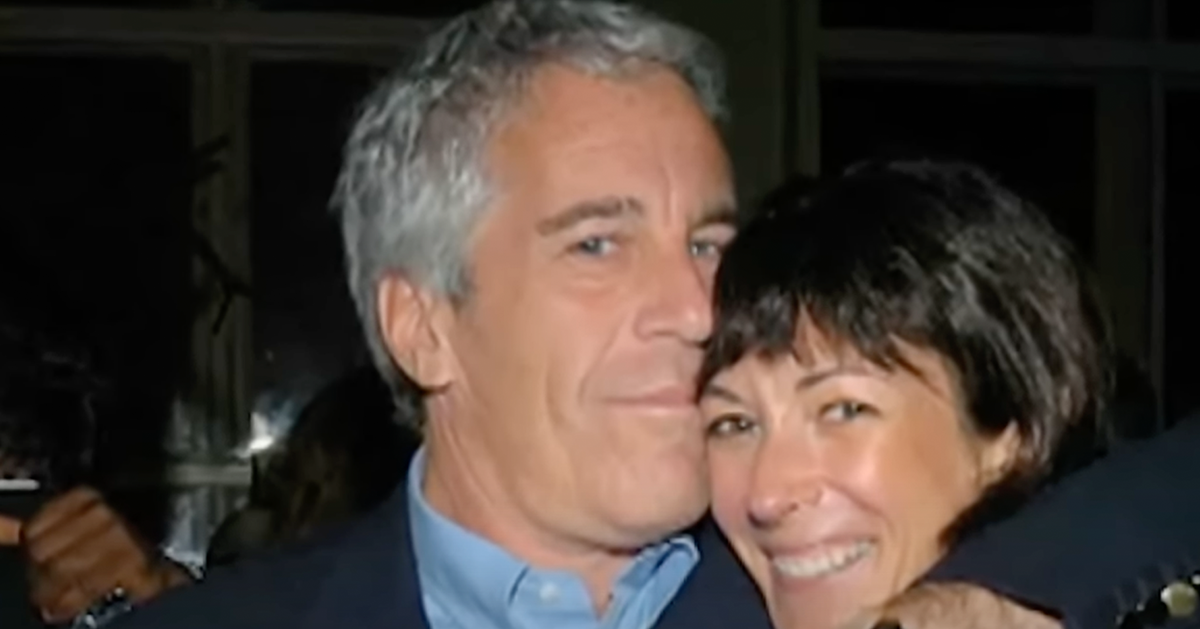PolitiFact Faces Backlash Over Year’s Supposed Top Falsehood
In a decision that has stirred discussions, PolitiFact has identified what it considers the most significant falsehood of the year, namely, an assertion from Donald Trump and JD Vance, which claimed Haitian immigrants in Springfield, Ohio, were consuming household pets.
The announcement, made on Tuesday morning, elicited a mixed response, with some questioning PolitiFact's choice and seeming verification of the claims, as the Daily Wire reports.
The specific allegations involved reports that migrants, particularly those of Haitian origin, were eating dogs and cats, a narrative which PolitiFact has emphatically labeled as both "absurd" and "consequential."
PolitiFact justified its decision by emphasizing the gravity of the term "lie." According to PolitiFact, the term is reserved for only the most flagrant deceptions uncovered throughout their year of fact-checking activities.
Springfield Claims Lead to Campaign Heat
The controversial claims about Haitian immigrants originated from reports by residents in Springfield rather than directly from campaign sources. However, they gained traction within political circles, linking Trump and Vance to the narrative indirectly through campaign discussions.
In response to the designation of this story as the most significant lie, PolitiFact released a statement highlighting its decision-making rationale.
"A lie marked a town and its residents in the name of campaign rage," the publication noted, underscoring the impact such narratives can have on community life.
Despite PolitiFact's explanation, not all corners were convinced. Some critics offered alternative suggestions for what they believed warranted the title of "Lie of the Year." These included discussions surrounding President Joe Biden's alleged fitness to serve and the controversy over whether he would or would not extend a pardon to Hunter Biden.
Criticisms and Alternative Suggestions Emerge
Some commentators expressed skepticism over PolitiFact's selection. For example, one critic posited that a more suitable choice could have been declarations about Biden's health and competence to serve another term.
The Springfield case was characterized by sensational and unverified claims of wild animal consumption. Descriptions of Haitians in parks purportedly catching and preparing ducks contributed to the charged atmosphere surrounding these claims.
PolitiFact's use of the "lie" designation aims to highlight the potential harm generated by such misleading narratives. The organization seeks to inform the public by pinpointing the most damaging and pervasive falsehoods encountered over 12 months of reporting.
Debating Impact of Politically Charged Narratives
However, criticism reflected a broader skepticism about the feasibility of definitively verifying some of these claims. The line between fact and politically motivated fiction can be blurred, which complicates the fact-checking process.
The political implications of naming Trump and Vance in this context cannot be ignored. As campaign rhetoric becomes ever more divisive, the risks of falsehoods influencing public perception increase.
In the public discourse, tensions are evident in suggestions that focus on the current president. Assertions about Biden's potential actions concerning his son Hunter and issues of presidential capacity remain hot topics.
Responses Reflect Political Divides
The role of organizations like PolitiFact can be critical in the current climate, where misinformation can influence election outcomes and affect community cohesiveness.
The Springfield report demonstrates that unverified and emotionally charged claims can easily spiral into larger political discussions.
In the wake of the announcement, discussions continue over the efficacy and fairness of labeling such misinformation. The reception of the "Lie of the Year" reflects a nation grappling with how best to navigate a complex landscape of media, truth, and political strategy.
PolitiFact's designation serves as a reminder of the stakes involved in public discourse. As discussions unfold, the challenge remains to ensure that truth prevails in an environment saturated with rhetoric and conflicting narratives.




